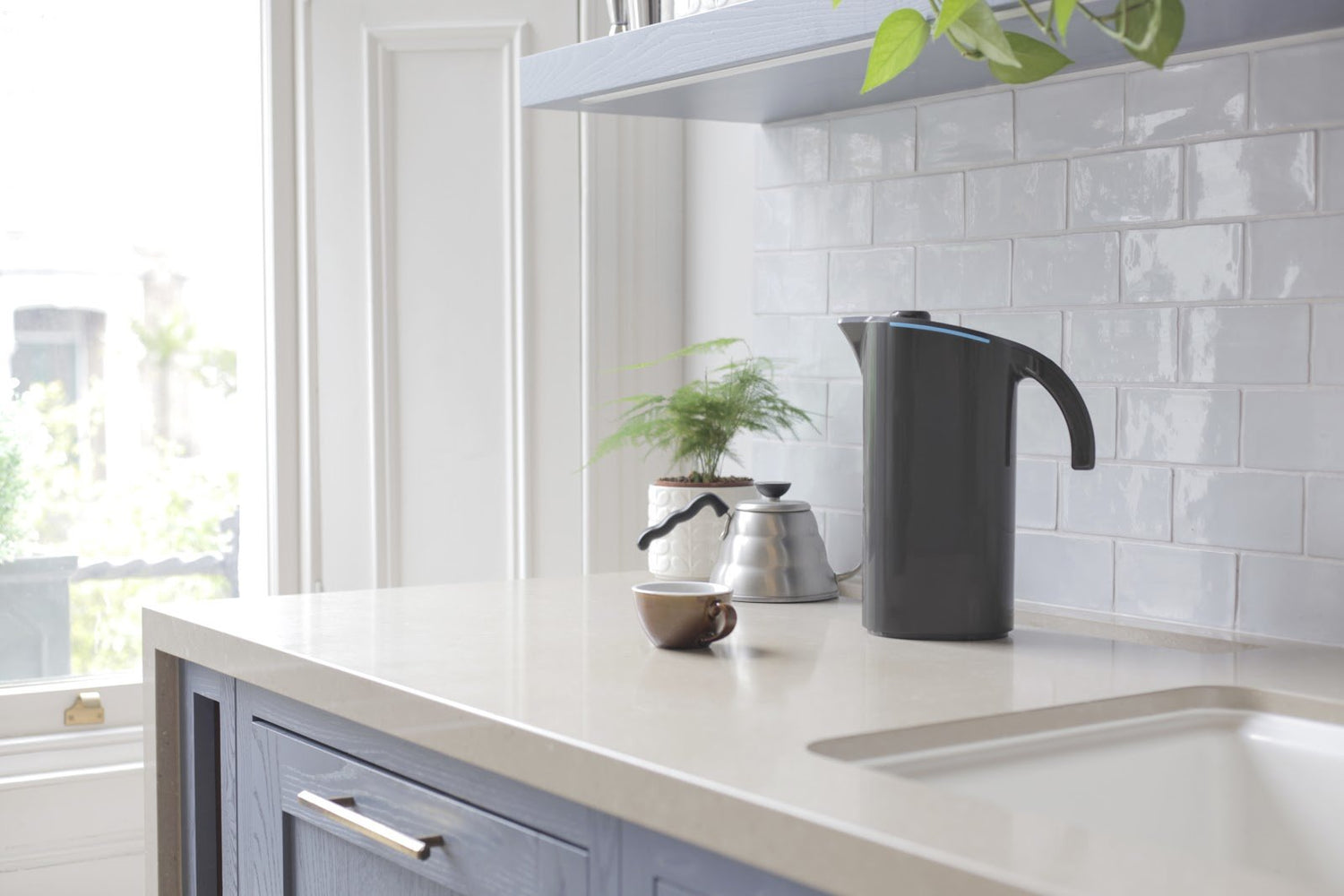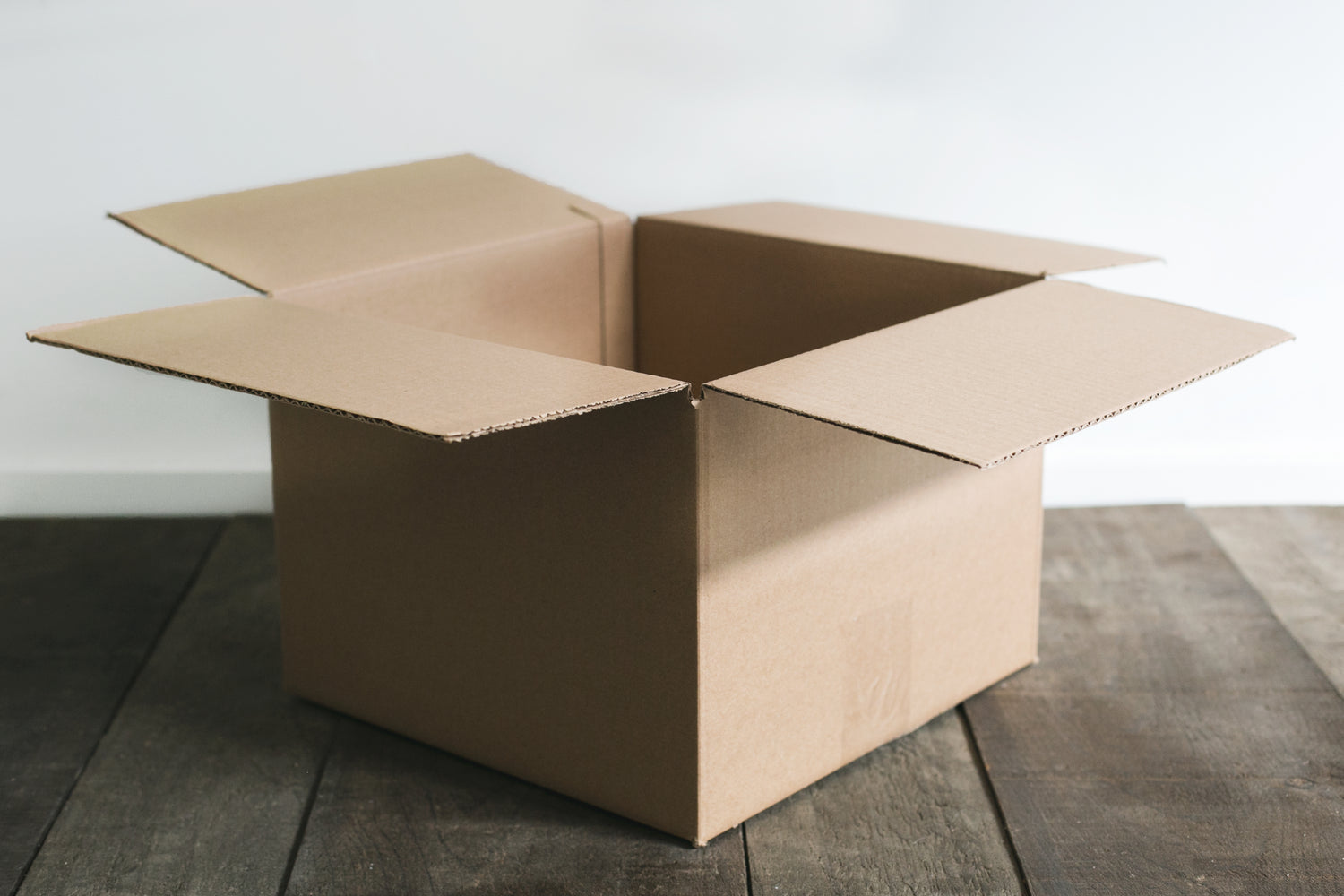Get ready for PEAK water!

Water. To a person lost in the desert, they can’t survive for more than a few days without it. It’s everywhere. It’s in your cells, in the ground, in the air, and also in your coffee. For espresso drinkers out there, it makes up about 85% of their favourite thick, concentrated beverage. For the filter coffee drinkers out there, it’s even more - about 98.5% water, (for tea, perhaps even 99.5%) believe it or not. You drink water even when you’re not drinking water, and you might not realize how important it is in making good coffee. Simply taking into account those numbers, it’s pretty easy to see that what you’re drinking has a lot of water in it, as well as all the things that make it the brown, caramel-y, and delicious drink we all love. Back to our friend in the desert, after day 3 without water, with a pretty bad headache, they're probably near death. But in your average downtown office building, by noon—without a cup of coffee—some people may claim they feel the same way: near death, and with a nasty headache. I know I do if I don’t have my morning coffee!
Many people make coffee at home or at work with tap water. This is fine if you live in areas like Oslo in Norway or stateside in Portland, Oregon, as they are blessed with near perfect water for brewing coffee. I won’t bore you with the science of how a certain ratio of minerals—calcium, magnesium, and sodium bicarbonate—affect the extraction process whilst brewing coffee, but I will say, tap water isn’t ideal. Here in Montreal, the tap water is OK. When I lived in Calgary, it wasn’t. Here it’s softer, but in southern Alberta, it’s notoriously hard— saturated with lots of minerals. And in other cities, it can even come out of the tap smelling like a swimming pool, with acrid chlorine fumes perfuming your kitchen. In rare cases, a city’s tap water is too soft; devoid of minerals—and, potentially acidic—which Is also not-so-ideal for brewing coffee. The balance and the quality of our tap water, as home brewers, is often overlooked. (Your crappy tap water could be the reason why your coffee didn’t taste quite as good as when you visited your pal in Portland.)
Over the years I’ve always advocated for a pitcher filter as a first line of defence when brewing coffee at home or work. I know, I know, I know… those cylindrical filters are made of plastic and will invariable end up in landfills. Yes, this is awful. However, it doesn’t have to be this way: you can contact your local municipality and find out about what recycling options are available, and furthermore, reach out to the manufacturer to see if they will take the old ones back. I pay for a service—sharing the cost 50/50 with a friend—to have a specialized recycling service pick up old plastic pitcher cartridges (among other items that aren’t normally allowed by my city’s recycling program). What I’m saying is, there’s a way around your guilt, which could be a barrier to making better coffee. Now, maybe you’re a bit lost here? Actually, let me bore you a bit with science. Essentially these plastic cartridges are filled with activated charcoal or carbon. The surface area of the carbon is such that it can absorb an incredible amount of chemicals— and to an extent— the minerals in the water. As the water is filtered down through the cartridge, it strips most of the chlorine and tends to soften the water a bit. This then puts you in a great place to brew your coffee. No more chlorine smell to hinder those wonderful coffee aromas, and less chalky, bitter, and flat flavour notes. I’m really simplifying here but it does make a difference.

However, it was only up until 3 or 4 years ago that water was taken this seriously in the coffee world. I mean, it was, but it wasn’t like it is today. It was more of a fringe rabbit hole the really geeky baristas and coffee roasters went down. But after a British coffee roaster named Dashwood Colonna teamed up with a chemist named Christopher Hendon, and did tons of research, many people in the coffee world started to think of it as deserving of more attention. (If you're interested, check out Colonna’s book, “Water for Coffee: Science Story Manual”.) Most baristas used to just say, “oh, my water? yeah I dunno… my cafe has a filtration system, not really sure what it does.” But lately the conversation has started to shift to a more technical aspect of water chemistry, stuff that would make most home brewers glaze over, but needless to say, there’s been a big shift in the industry to focus on water. These days you may hear baristas saying “our water is optimized with added magnesium, to emphasise sweetness,” in really progressive cafes, when asked about their water.

The water that most cafes have access to—or, the quality-focused ones who’ve invested in decent water filtration systems—have been “tuned” to a certain TDS (Total Dissolved Solids). This is basically an indicator of how many minerals linger in the water, post-filtering. But some systems go even further, such as reverse osmosis, stripping the water down to almost zero TDS, and then re-introducing some filtered water back, to achieve a desired number-- hence being “tuned”. Some systems will even add certain minerals back—if the water happens to be really soft—to aid in the coffee extraction. All of this is achieved with big, bulky systems that can cost thousands of dollars, and for the average home brewer, is simply not possible given space and budget constraints. Back to those affordable home filter pitchers: Colonna saw a hole in the market where specific waters are needed for specific regions, to really make your coffee shine, and yet the average filtration pitcher cannot achieve this. You pour tap water into the pitcher reservoir, it’s fed by gravity down through the charcoal, and you get what you get. You can’t tune the water to a desired end-result. Enter the Peak water system.

The Peak is the world’s first adjustable home filter pitcher. This countertop pitcher, not dissimilar to a Brita, has a unique filter that can soften your hard water, helping homebrewers find that sweet spot. The company is looking into developing a filter insert down the road, for those with very soft water, adding in much-needed minerals to help extract the best flavours. Currently, the kit includes their Test Strips that you can use to determine your water’s mineral levels. Then, by flicking a switch, the water is channeled through different filter mediums to achieve the desired result. The Peak water system can achieve this with its proprietary, high-quality filter cartridge which uses a premium dual-ion resin and carbon matt filtration layer. Sounds science-y, right!? You can buy replacement filters and, thankfully for the woke readers out there who care about the environment, the good people at Peak will be launching a recycling program allowing spent filters to be recycled. Very cool!
In summary, I’d tie up all of this with a food analogy: your cooking will only be as good as the ingredients you begin with, right? If you start with poor ingredients, it can be hard to arrive at a place where your food really shines. It’s the same with coffee. You go out of your way to support your local roaster, buy fresh beans every few weeks, use clean equipment, and take care to prepare your coffee. Why would you overlook your water, especially when it makes up almost 98% of the coffee you drink? The Peak water system allows you to have cafe-quality brew water at home, without breaking the bank, and without needing a background in chemistry. So there’s no excuse for crappy home brews anymore. Unless you’re stuck in the desert, your water problems are now a thing of the past!
For those who've been following the progress and development of this product , it's been a long road (almost 2 years in the making!) and we want to thank you for your patience! We're taking pre-orders now and we should be shipping orders by end of July! Buy here.





